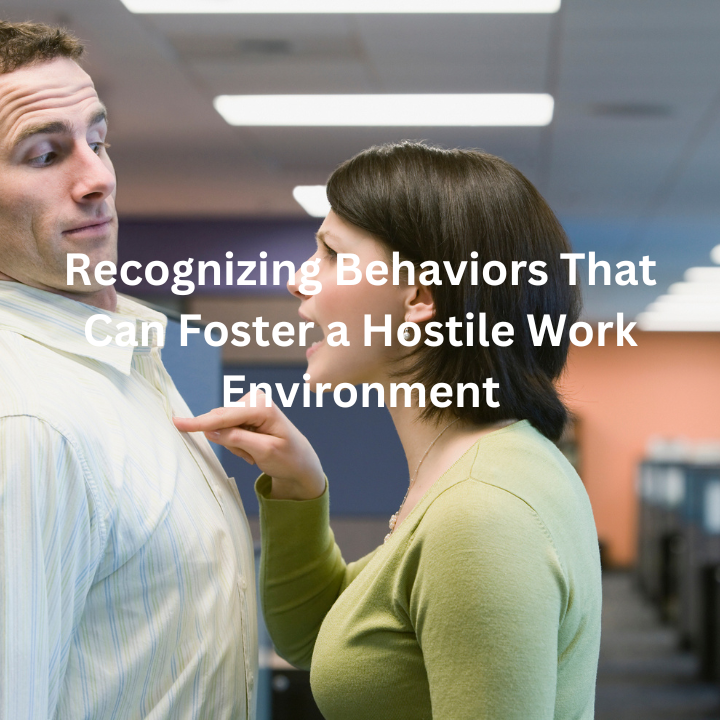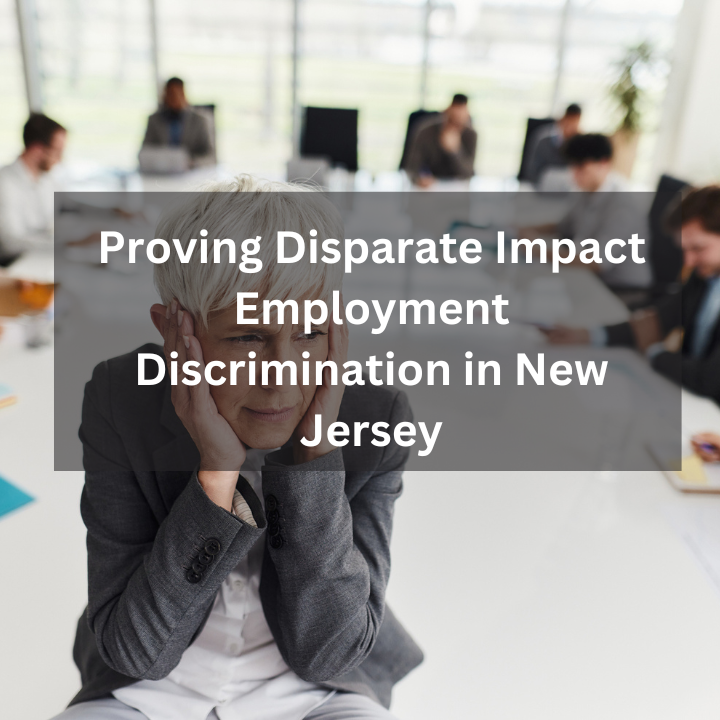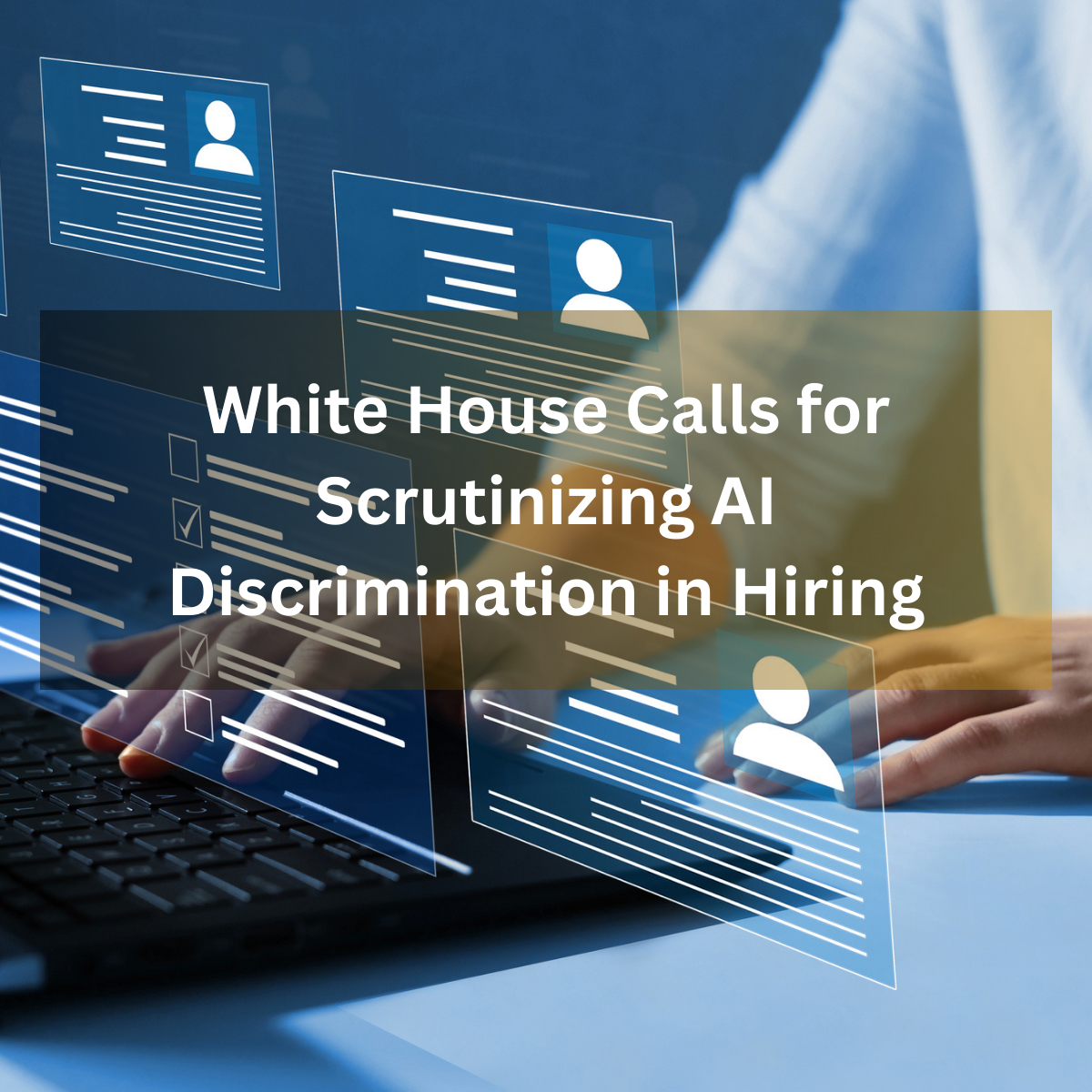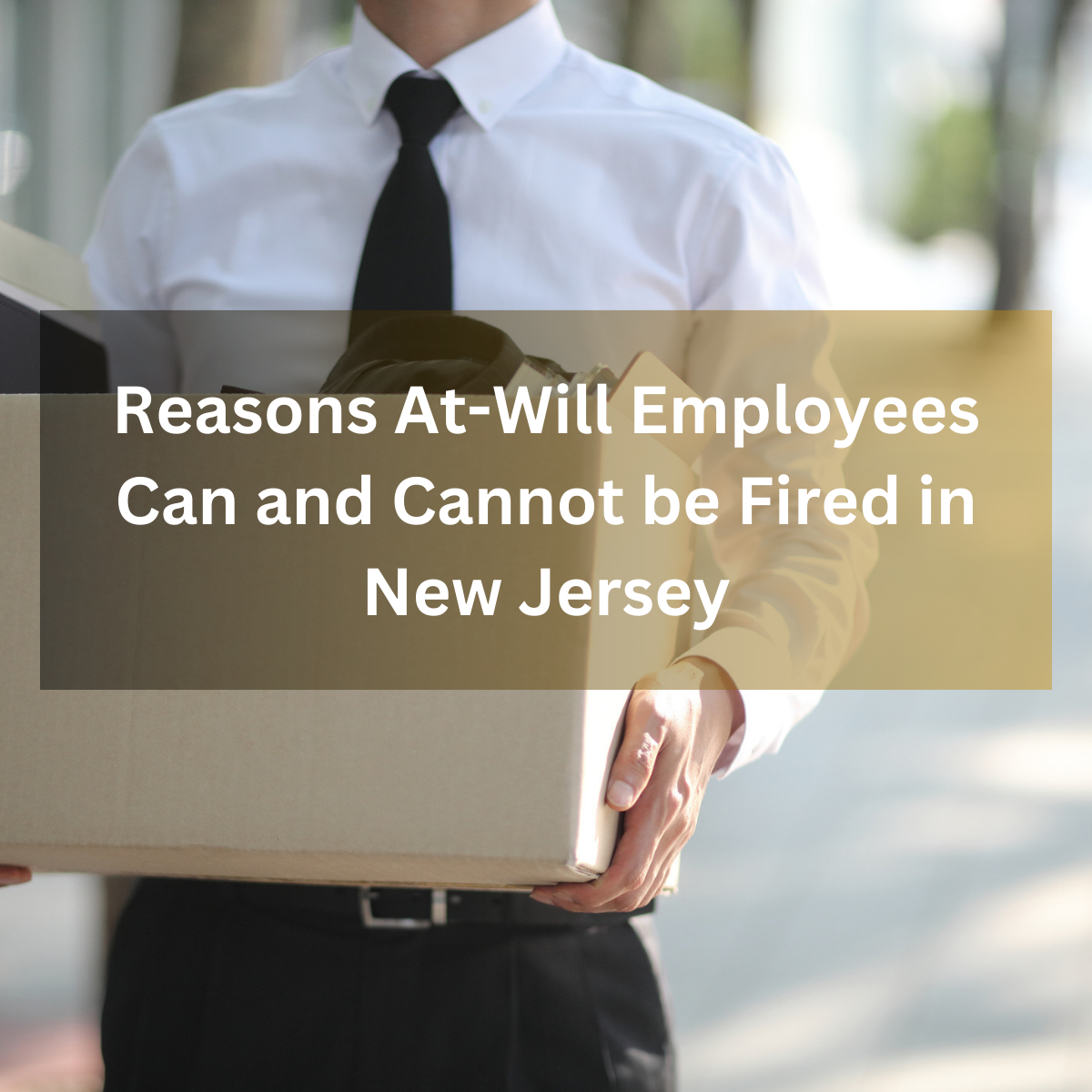By Bruce Atkins | Published July 16, 2024 | Posted in Contracts, Employment Law | Tagged Tags: employment contracts, mandatory arbitration, Termination Clause | Comments Off on Red Flags to Watch for in Negotiating Employment Contracts

Red Flags to Watch for in Negotiating Employment Contracts
When an employer asks you to sign a contract as a condition of giving you the job, it’s essential to proceed with caution. This document will govern your employment relationship and outline your rights and responsibilities, so understanding every clause is critical. Begin by scrutinizing the compensation and benefits section to ensure it aligns with Read More
Read More
New Jersey Senate Advances Law to Prohibit Job Discrimination Based on Weight and Height
The New Jersey Senate has taken a significant step towards expanding protections against workplace discrimination by passing a bill that bans discrimination based on height and weight. The measure would amend the state Law Against Discrimination (LAD) to include these physical attributes as a basis for the law’s protection. The bill, S1602, approved by the Read More
Read More
New Jersey Bill Would Require Employers to Adopt Heat Stress Prevention Plans
New Jersey lawmakers are advancing a measure to protect workers from the dangers of heat stress, a growing concern as climate change pushes temperatures to unprecedented levels. The bill, introduced in January 2024, seeks to establish standards that would mandate employers to safeguard their employees from the harmful effects of excessive heat. This legislative initiative Read More
Read More
NJ Bill Would Make It Easier to Prove Hostile Workplace Sexual Harassment
A bill pending in the New Jersey Legislature is aimed at lowering the standard for proving hostile workplace sexual harassment under the New Jersey Law Against Discrimination (NJLAD). If passed, Assembly Bill 2443 would codify the definition of hostile workplace sexual harassment as conduct that occurred because of a person’s sex and which a reasonable Read More
Read More
Impact of the FTC’s Ban on Noncompetes Between Employees and Employers
A noncompete agreement is a contractual obligation between an employer and an employee that typically prohibits the employee from working for a competing business or starting a competing business for a specified period after the employment relationship ends. These agreements often include geographic restrictions as well. The intent is to protect the employer’s business interests, Read More
Read More
NJ Supreme Court Voids Non-Disparagement Provision in Employment Bias Case
In a significant decision for New Jersey workers, the New Jersey Supreme Court ruled in that non-disparagement clauses cannot be used to silence victims of discrimination, harassment, or retaliation in employment or settlement agreements. Non-disparagement clauses, often included in employment contracts and settlement agreements, are designed to prevent individuals from making negative statements about their Read More
Read More
Recognizing Behaviors That Can Foster a Hostile Work Environment
For decades, New Jersey has been at the forefront of laws against discrimination in the workplace, including harassment of employees based on race, ethnicity, faith, gender and other personal characteristics. One type of harassment is the creation or tolerance of a hostile work environment. This means subjecting employees to unwelcome conduct that is severe or Read More
Read More
Proving Disparate Impact Employment Discrimination in New Jersey
New Jersey law prohibits discrimination in employment. Most often, illegal discrimination takes the form of conduct that deliberately treats people differently based on their membership in a protected class. However, certain policies and practices — even if neutral on their face — might unduly impact employees in a protected class. This is known as disparate Read More
Read More
White House Calls for Scrutinizing AI Discrimination in Hiring
Artificial intelligence (AI) is rapidly transforming modern businesses, notably in how they recruit and hire employees. AI tools offer efficiency and speed in sifting through resumes and applications and in curating talent. However, the increased use of these tools has raised concerns about their potential to perpetuate or even intensify discriminatory practices. Addressing this fear, Read More
Read More
Reasons That At-Will Employees Can and Cannot be Fired in New Jersey
The majority of New Jersey workers are at-will employees, which simply means they are not under contract with the company they work for. They remain employed for only as long as their employer decides they are needed. An employer doesn’t need to have a justification for terminating them. However, there are laws protecting at-will employees Read More
Read More












